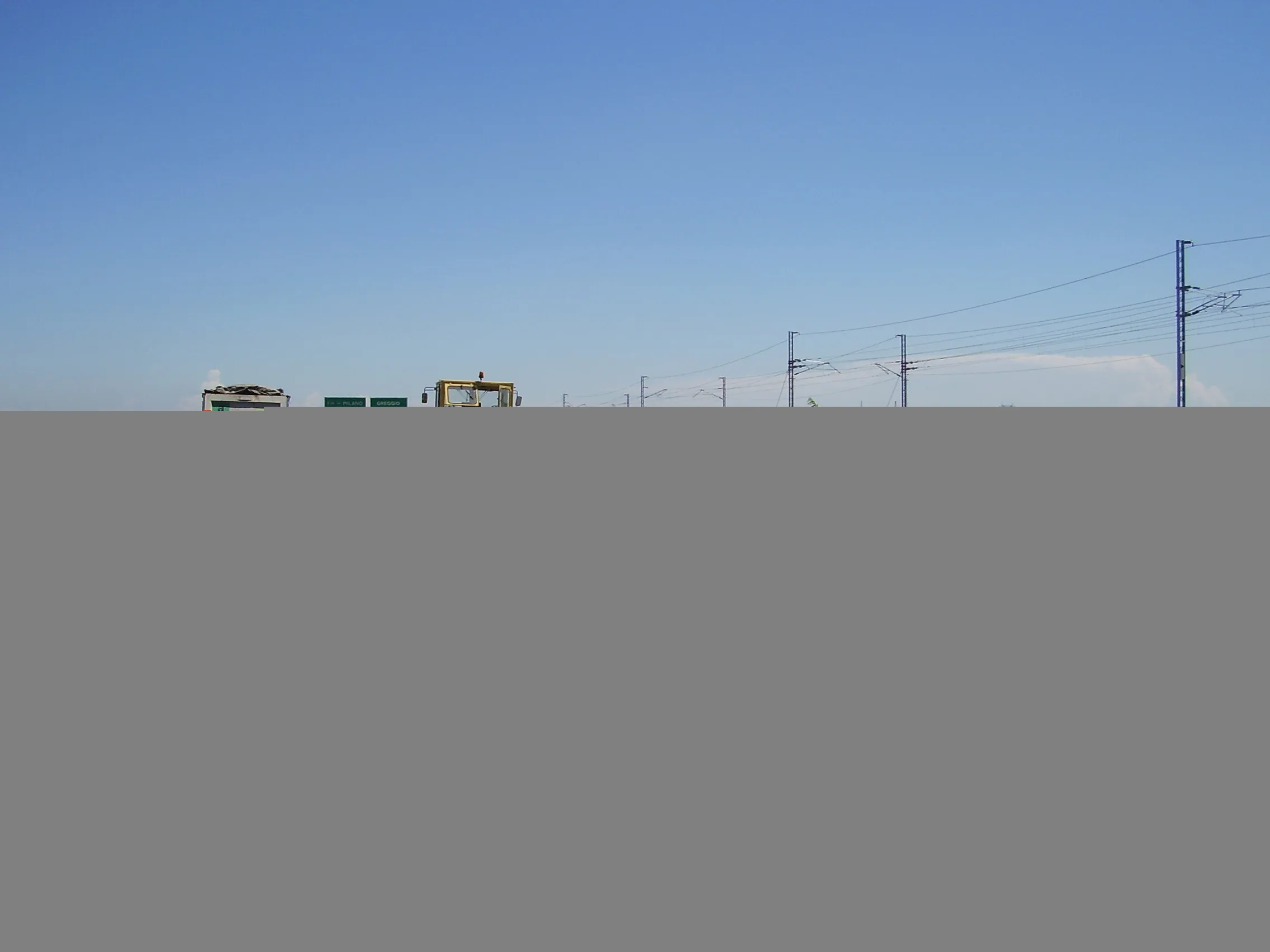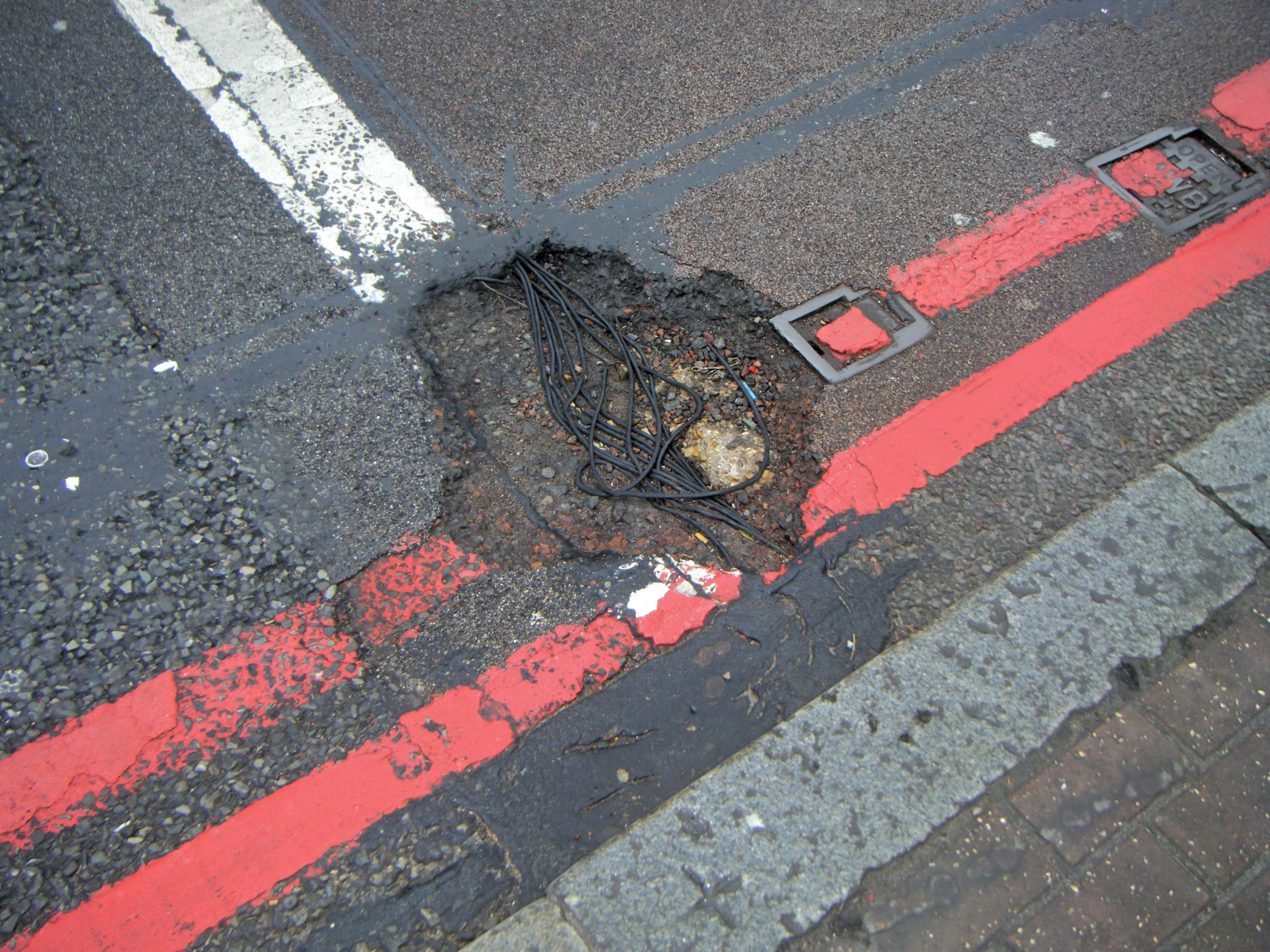As of 1 January 2014, the European Union's (EU's) next Multi-Annual Financial Framework for the period 2014–2020 will come into effect. One of the key components of this European strategy aimed at boosting competitiveness and increasing Europe’s innovation potential is the EU’s Strategic Framework for Research and Development called ‘Horizon 2020’. Recognising that without research and development, Europe cannot maintain the industrial leadership it currently holds in many areas, European leaders look set t
July 1, 2013
Read time: 4 mins

As of 1 January 2014, the 1116 European Union's (EU's) next Multi-Annual Financial Framework for the period 2014–2020 will come into effect. One of the key components of this European strategy aimed at boosting competitiveness and increasing Europe’s innovation potential is the EU’s Strategic Framework for Research and Development called ‘Horizon 2020’Recognising that without research and development, Europe cannot maintain the industrial leadership it currently holds in many areas, European leaders look set to agree to substantial increases in the overall funding for such actions against a backdrop of general cutbacks.
‘The initial proposal of the2465 European Commission was in the tune of €80billion over seven years, in other words, an increase of 60% compared to the Seventh Framework Programme that ran from 2007–2013. The final figure will be lower but the budget for research and development will see a net increase compared to the last financial framework, according to Konstandinos Diamandouros, head of office at ERF and author of the paper.
One of the priority areas to get a boost, among others, is the area of transport, which has been identified as a key societal challenge. In anticipation of the entry into force of Horizon 2020 on 1 January 2014, ERF has a position paper outlining core priorities in the field of infrastructure and road safety. ERF's ‘Strategic Research Priorities in the Area of Road Safety 2013–2020’ identifies six core areas of research and, within each, a number of topics.
“We have tried to align as much as possible our priorities to the institutional priorities of the European Commission,” explained Christophe Nicodème, ERF director general. “At the same time, we have decided to broaden the scope of road safety as to include elements not traditionally linked to it such as road pricing mechanisms and development of more durable materials. At the end of the day, road safety depends on the ability of governments to finance and maintain Europe’s roads.”
The research roadmap has been elaborated to respond to current challenges (short-to-medium term) and to provide solutions that can have an immediate impact on the safety of users as opposed to focusing on long-term needs. This was borne out of the beliefs that predictions about the future are often wrong and that, despite progress achieved, too many people lose their lives on Europe’s roads.
The thematic areas identified are: adapting the infrastructure to meet the challenges of 21st-century traffic; alternative tools for financing and maintaining roads; developing tools for more cost-effective road operation and maintenance; in-depth statistics into the causality of accidents; infrastructure and vulnerable road users and wider deployment and harmonisation of ITS Solutions.
“Motorcyclists, pedestrians and cyclists represent a disproportionately high number of total fatalities and serious injuries (45% of the total in 2008). It was natural to have a specific priority dedicated to infrastructure and vulnerable road users,” explained Konstandinos Diamandouros. “At the same time, our decision to include something on longer and heavier trucks was brought about by the recent surprising decision of the European Commission to ‘re-interpret’ Directive 96/53 on Weights and Dimensions, bringing closer the possibility of a more widespread circulation of such vehicles in the European heartland.”
The release of the paper on research priorities goes hand in hand with the ERF’s strategy to increase its presence in the main stakeholder bodies that are responsible for advising the European Commission in its work programmes. Already a member of the Priorities for Road Safety Research in Europe (PROS) project that seeks to propose a road safety strategy to the European authorities, ERF has decided to nominate a new representative to the European Research Transport Research Advisory Board (ERTRAC), the main consultative body for such matters. As a means of making an effective link of its working group activities with research needs, it plans to set up a research committee that groups the working group chairperson and its ERTRAC representative.
“We are convinced that these changes will provide a more effective voice for ERF members and the road infrastructure sector when it comes to research policy at EU level. The truth is that in the past years, too much focus was placed on the vehicle and there is a need to re-balance the focus. Fortunately, this is something the European Commission has also realised so we are confident that Horizon 2020 will give a stronger voice to road infrastructure,” explained Nicodème.
The ERF Position Paper of Road Safety Research Priorities is available %$Linker:2 External <?xml version="1.0" encoding="utf-16"?><dictionary /> 0 0 0 oLinkExternal here www.erf.be/images/Strategic_Research_Priorities_in_the_area_of_Road_Safety.final.pdf false http://www.erf.be/images/Strategic_Research_Priorities_in_the_area_of_Road_Safety.final.pdf false false %>
Contact: Konstandinos Diamandouros, %$Linker:2 Email <?xml version="1.0" encoding="utf-16"?><dictionary /> 0 0 0 oLinkEmail [email protected] [email protected] false mailto:[email protected] true false %>
‘The initial proposal of the
One of the priority areas to get a boost, among others, is the area of transport, which has been identified as a key societal challenge. In anticipation of the entry into force of Horizon 2020 on 1 January 2014, ERF has a position paper outlining core priorities in the field of infrastructure and road safety. ERF's ‘Strategic Research Priorities in the Area of Road Safety 2013–2020’ identifies six core areas of research and, within each, a number of topics.
“We have tried to align as much as possible our priorities to the institutional priorities of the European Commission,” explained Christophe Nicodème, ERF director general. “At the same time, we have decided to broaden the scope of road safety as to include elements not traditionally linked to it such as road pricing mechanisms and development of more durable materials. At the end of the day, road safety depends on the ability of governments to finance and maintain Europe’s roads.”
The research roadmap has been elaborated to respond to current challenges (short-to-medium term) and to provide solutions that can have an immediate impact on the safety of users as opposed to focusing on long-term needs. This was borne out of the beliefs that predictions about the future are often wrong and that, despite progress achieved, too many people lose their lives on Europe’s roads.
The thematic areas identified are: adapting the infrastructure to meet the challenges of 21st-century traffic; alternative tools for financing and maintaining roads; developing tools for more cost-effective road operation and maintenance; in-depth statistics into the causality of accidents; infrastructure and vulnerable road users and wider deployment and harmonisation of ITS Solutions.
“Motorcyclists, pedestrians and cyclists represent a disproportionately high number of total fatalities and serious injuries (45% of the total in 2008). It was natural to have a specific priority dedicated to infrastructure and vulnerable road users,” explained Konstandinos Diamandouros. “At the same time, our decision to include something on longer and heavier trucks was brought about by the recent surprising decision of the European Commission to ‘re-interpret’ Directive 96/53 on Weights and Dimensions, bringing closer the possibility of a more widespread circulation of such vehicles in the European heartland.”
The release of the paper on research priorities goes hand in hand with the ERF’s strategy to increase its presence in the main stakeholder bodies that are responsible for advising the European Commission in its work programmes. Already a member of the Priorities for Road Safety Research in Europe (PROS) project that seeks to propose a road safety strategy to the European authorities, ERF has decided to nominate a new representative to the European Research Transport Research Advisory Board (ERTRAC), the main consultative body for such matters. As a means of making an effective link of its working group activities with research needs, it plans to set up a research committee that groups the working group chairperson and its ERTRAC representative.
“We are convinced that these changes will provide a more effective voice for ERF members and the road infrastructure sector when it comes to research policy at EU level. The truth is that in the past years, too much focus was placed on the vehicle and there is a need to re-balance the focus. Fortunately, this is something the European Commission has also realised so we are confident that Horizon 2020 will give a stronger voice to road infrastructure,” explained Nicodème.
The ERF Position Paper of Road Safety Research Priorities is available %$Linker:
Contact: Konstandinos Diamandouros, %$Linker:








